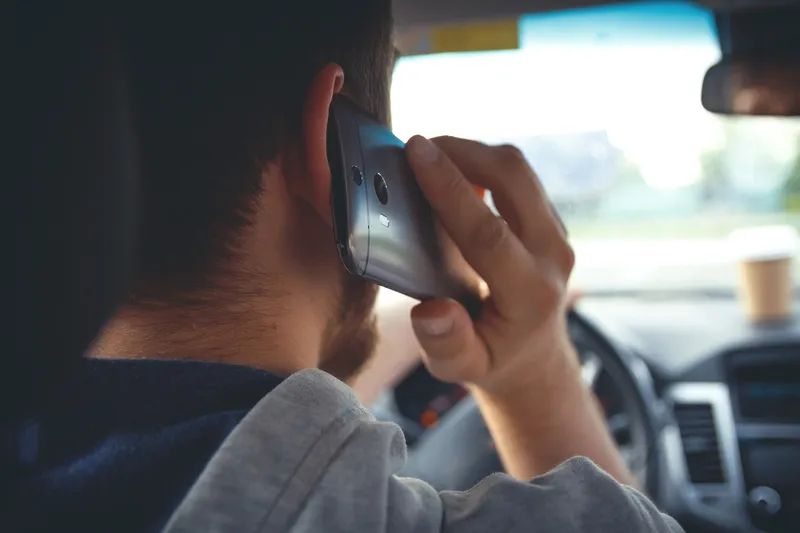A year on from the first driver being prosecuted for middle-lane hogging, almost a third of motorists still admit to hogging the middle lane of a motorway, according to new research by motoring website Confused.com. Meanwhile, new freedom of information police data requested by Confused.com reveals just 135 cases of middle-lane hogging have been recorded since spot fines were introduced by the government in 2013 to tackle careless driving.
A further look at the FOI data reveals the actual number of drivers caught middle-lane hogging could be much higher. Careless driving also includes tailgating, undertaking and driving too slowly - offences which are often a direct result of middle-lane hogging, even if they’re not recorded as such. In total, 1,158 drivers have fallen foul of careless driving spot fines.
Despite the fact that many drivers admit to hogging the middle lane, the practice is deemed selfish by over half (51%) of other road users. An additional 48% believe it is a leading cause of increased traffic congestion. Meanwhile, over one in 10 drivers have experienced a vehicle collision or near miss on account of another road user hogging the middle lane.
Many drivers believe more needs to be done to make motorists aware of the rules of middle-lane hogging, with half of them saying motorway signs should be used to raise awareness of the dangers.
The research also shows that almost one in five drivers say they have never been taught about middle-lane hogging, while almost two-fifths of UK drivers are unaware that the practice is an offence punishable by at least three penalty points and a £100 fine.
Middle-lane hogging rife despite the threat of a fine
A year on from the first driver being prosecuted for middle-lane hogging, almost a third of motorists still admit to hogging the middle lane of a motorway, according to new research by motoring website Confused.com. Meanwhile, new freedom of information police data requested by Confused.com reveals just 135 cases of middle-lane hogging have been recorded since spot fines were introduced by the government in 2013 to tackle careless driving.
September 16, 2016
Read time: 2 mins









